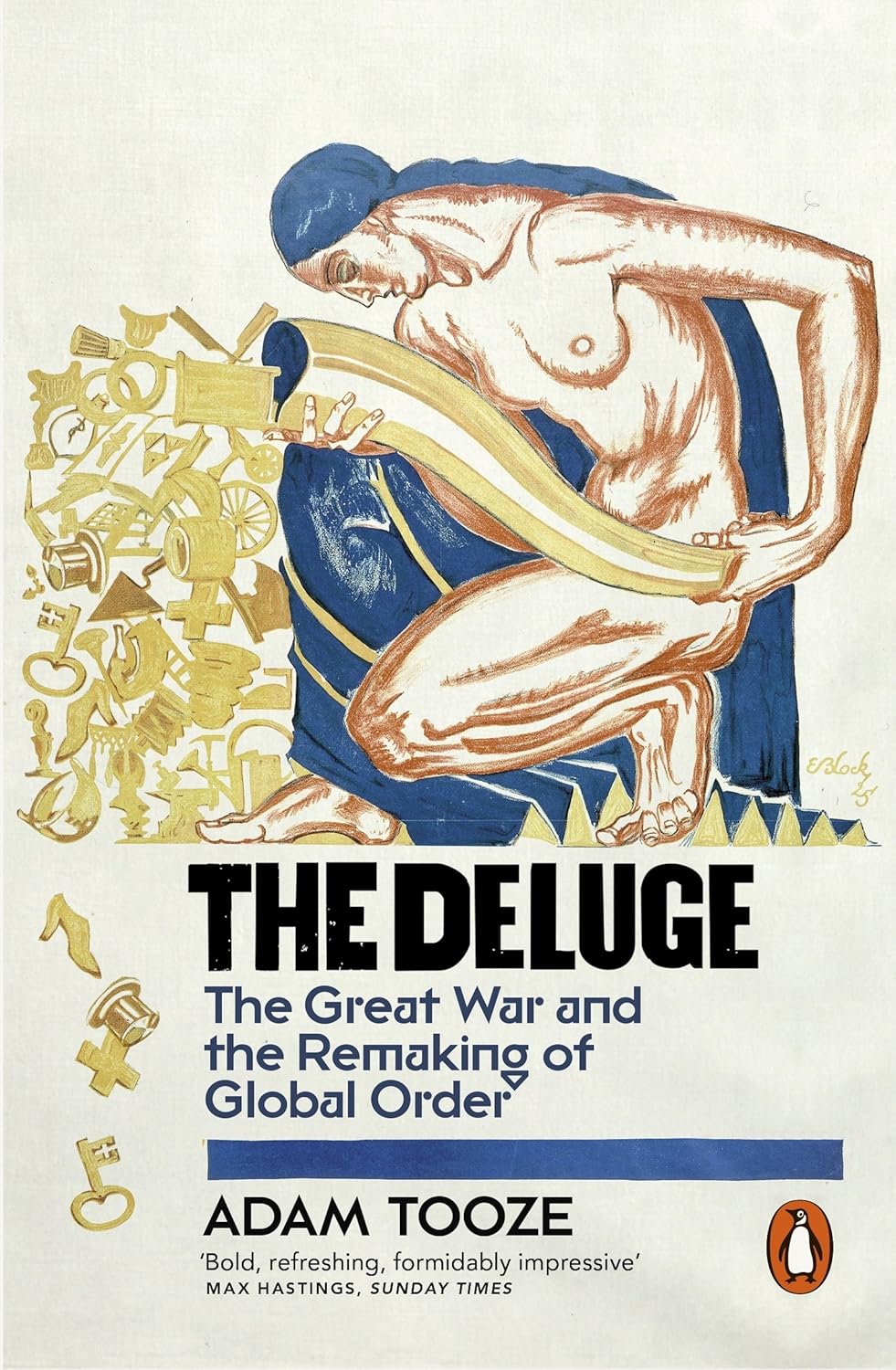CELEBRITY demises don’t move me for an obvious reason: I didn’t know the celebrities. Naturally, I emphathise with the bereaved but, alas, lack Bill Clinton’s gift of feeling their pain. The sad news of Rolling Stone Charlie Watts’ death in London on Tuesday was slightly different. For a start, the drummer Keith Richards has described as “the main man” in the world’s greatest rock ‘n roll band wasn’t really a celebrity. He gave very few interviews in 60 years and most of those were accidental rather than organised.
The lovable quality Watts exuded was being so truly, innocently himself that people didn’t need to know more to vouchsafe their esteem. It is rare for the public to read a figure so trustingly for so long, even as his occasionally indecorous confreres did their best to do their worst. Aged 80 when he died, Watts was married to Shirley for 57 years.
Rated as one of the best-dressed men in the world – and that long before man-boys began wearing trouser cuffs above sockless ankles – the ease with which Watts styled himself was mirrored in the swing he tailored for the baby Stones. That was no doddle given how roseate but scrappy Jagger, Richards and Brian Jones were as an outfit when, in 1962, they head-hunted the drummer Alexis Korner (no less) had recruited as beat-keeper for Blues Incorporated a year earlier. At that time, jazz-obsessed Watts was the only honest-to-goodness musician in the fledgling Stones line-up. By the time I started buying my own music, the Rolling Stones were already a Rolling Stones tribute band but the advent of CDs allowed me – like legions of others – to immerse ourselves in a back-catalogue so beloved throughout the world that it fuelled 40 years of touring after the band’s last smash-hit album (1982’s Tattoo You).
Everyone has favourite guitar riffs and they’re easy to cite: Keith’s spare, chilling solo right before Merry Clayton’s storied star-turn in Gimme Shelter; Mick Taylor, Love In Vain, live in 1969; Keith and Ronnie at the peak of weaving in the late 70s. But Watts didn’t do solos. Richards dismissed John Bonham as a “little heavy-handed for my taste.” By a little, he meant a lot. Pete Townsend put up with Keith Moon but always slightly resented the fact that The Who’s drummer did more riffing than he did. The nearest thing to a solo for Watts was the traditional banter between himself and Jagger whose best-known example the post title references.
He may not have wanted attention but listen to the jazzy feel of Can’t You Hear Me Knocking, the Gibb-equalling mastery of disco in Emotional Rescue and Miss You, the generalship over chaos on Midnight Rambler and the sympathetic order he brought to Jagger-Richards grime on dozens of b-side gems and you’ll get that it’s the “Wembley Whammer” starring every time. Farewell, Charlie. As Paul McCartney said yesterday, he was a rock and a lovely man.

In evidence that the Cat is a broad church;
I’d never heard of this Charlie Watts until this site & a few others made mention of his passing, even then I didn’t take much notice, as the name meant nothing to me.
For all I know, this is a widespread elaborate hoax or somesuch, to present an invented name as if it were a real person.
The Rolling Stones I have heard of, & have knowingly heard some of their music, have heard of Mick Jagger & Keith Richards, and I have even heard of Bobby Keys, a salaried musician who almost 50 years ago was sacked by the Rolling Stones for partying too hard.
Thanks for the memories, C.L. I’m old enough to remember the Stones/Beatles rivalry – girls either loved Mick or drooled over Paul. Naturally, my mother loathed both. Long-haired layabouts!
It was the Beatles for me at first, the music appealed to 10yo ears. It was only later as an older teen that the magic of the Rolling Stones hit. Edgy and wonderful and fun. And the hits just kept coming. Good times.
CL – how the hell do you even begin to describe how cool Charlie was?
This cool
True old school story. Had a music teacher who made us stand up and sing any song of our choice. After a few seconds he would name an instrument and we were steered into respective classes for training. Well, not me cos I just ain’t musical but recorder and piano. Many years later at school reunion, caught with those present and conversation turned to music. Nobody had become famous musos but they all agreed that the instrument chosen for them had been correct and they had all achieved competence or better. Many years later, different country, chatting with a colleague, drummer in weekend rock’n’roll band and he had been nominated for drums by similar music teacher. “Don’t know how he did it but he was absolutely right. I’ve tried other instruments but none of them came naturally to me like the drums did”. “Isn’t it boring playing the same songs every weekend?” “Nah, I’m 18 again for a few hours. Love it.”
If I ever come back in another life I want that missing musical part of my brain to be there.